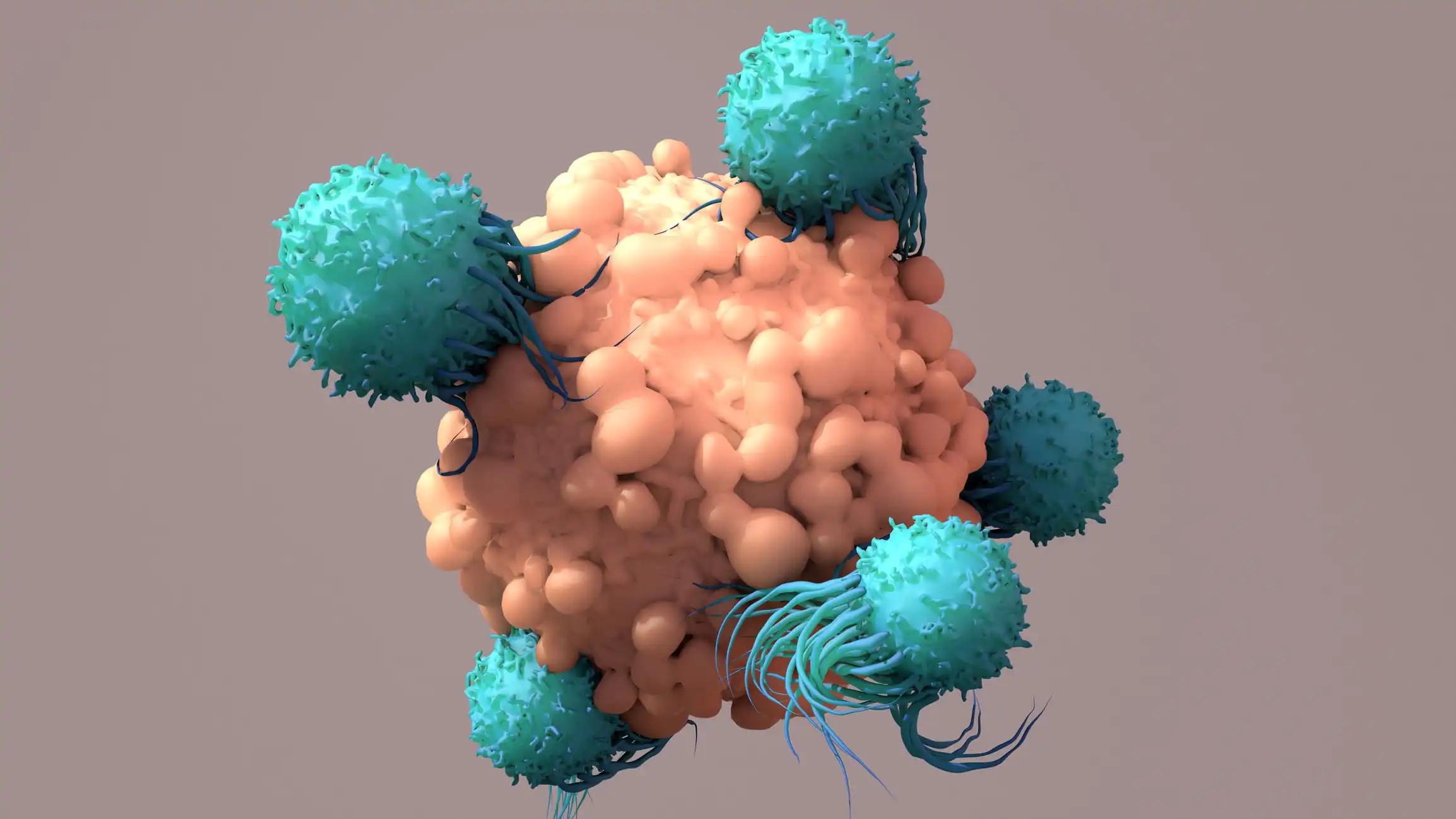KEY TAKEAWAYS
- The study aimed to assess plasma cfDNA promoter profiles as a new non-invasive tool to predict chemotherapy response in pts with BC.
- The promoter profiles in plasma cfDNA are potentially robust and noninvasive predictive biomarkers for predicting treatment outcomes in BC.
Gene expression profiles for breast tissue biopsies are quite informative in context to chemotherapy efficacy. The information corresponding to cell-free DNA (cfDNA) carrying gene expression and promoter profiles may have predictive potential which could have clinically non-invasively beneficial in response prediction to neoadjuvant chemotherapy in breast cancer (BC).
Xu Yang and the team aimed to evaluate the feasibility of using promoter profiles in plasma cfDNA as a novel, non-invasive predictive tool for assessing the efficacy of neoadjuvant chemotherapy in patients (pts) with BC.
Researchers obtained cfDNA samples from 94 pts with BC prior to neoadjuvant chemotherapy (pCR = 31 vs. non-pCR = 63) and analyzed for global chromatin (5 Mb windows), sub-compartments, and promoter profiles.
Subsequently, classifiers were developed for predicting the efficacy of neoadjuvant chemotherapy in BC, and the promoter profile alterations in sequential cfDNA samples from 30 pts (pCR = 8 vs. non-pCR = 22) during neoadjuvant chemotherapy were analyzed to explore the potential advantage of cfDNA promoter profile alterations as a novel biomarker for predicting treatment efficacy.
Results indicated significantly distinct promoter profiles in the plasma cfDNA of pCR pts compared with non-pCR pts before neoadjuvant chemotherapy. The classifier based on promoter profiles in a random forest model produced the largest area under the curve (AUC) of 0.980 (95% CI: 0.978-0.983).
After neoadjuvant chemotherapy, 332 genes with significantly differential promoter profile changes were observed in the sequential cfDNA samples of pCR pts compared with non-pCR pts, and their functions were closely related to treatment response.
The study concluded that the promoter profiles in plasma cfDNA were potentially robust, noninvasive tools for predicting the efficacy of neoadjuvant chemotherapy responses in pts with BC prior to and during treatment.
The study was funded by the Science and Technology Innovation project of Foshan (2220001003854), GuangDong Basic and Applied Basic Research Foundation (2021A1515111087).
Source: https://pubmed.ncbi.nlm.nih.gov/38965610/
Yang X, Liu Q, Guo Z, et al. (2024). “Promoter profiles in plasma CfDNA exhibits a potential utility of predicting the efficacy of neoadjuvant chemotherapy in breast cancer patients.” Breast Cancer Res. 2024 Jul 4;26(1):112. doi: 10.1186/s13058-024-01860-3. PMID: 38965610.



